Gender: Male - Starting with J
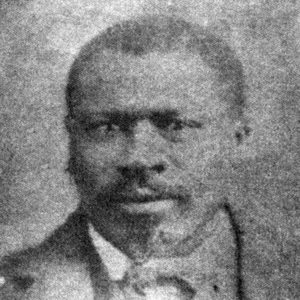 Green Hill Jones
Green Hill Jones
Jones, Guy Hamilton “Mutt”
 "Mutt" Jones Flyer
"Mutt" Jones Flyer
Jones, Harvey
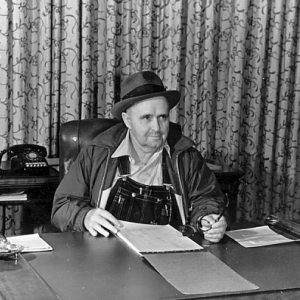 Harvey Jones
Harvey Jones
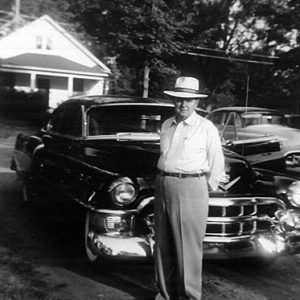 Harvey Jones
Harvey Jones
Jones, Henry (Lynching of)
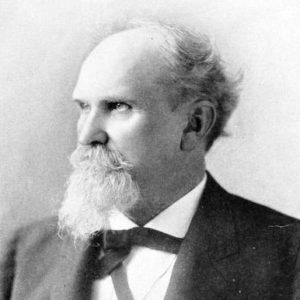 J. K. Jones
J. K. Jones
Jones, James (Lynching of)
Jones, James Fred
Jones, James Kimbrough
Jones, Jerry
 Jerry Jones Bust
Jerry Jones Bust
Jones, Jerry Louis
Jones, Jesse (Execution of)
Jones, Judge (Lynching of)
Jones, Oscar Eve (O. E.)
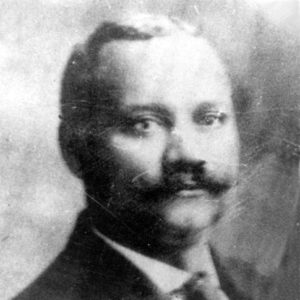 Scipio Jones
Scipio Jones
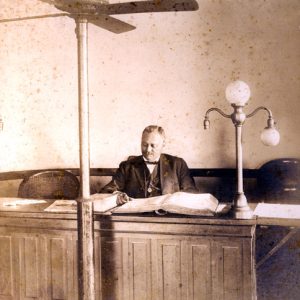 Scipio Jones
Scipio Jones
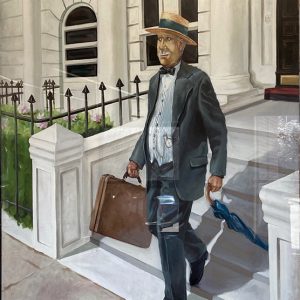 Scipio Jones Portrait
Scipio Jones Portrait
Jones, Scipio Africanus
Jones, Wiley
aka: Walter Jones
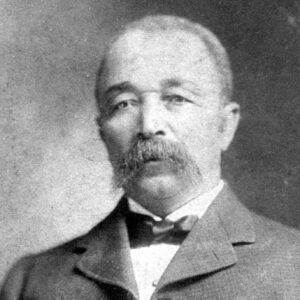 Wiley Jones
Wiley Jones
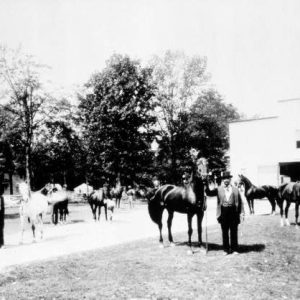 Wiley Jones with Horse
Wiley Jones with Horse
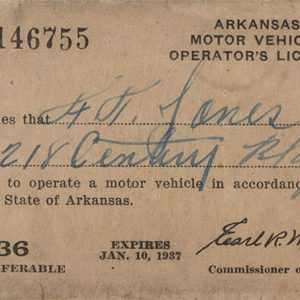 Jones's License
Jones's License
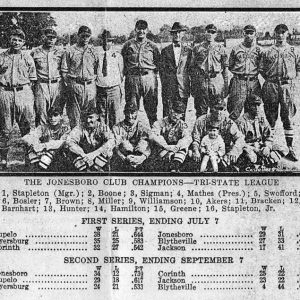 Jonesboro Buffaloes
Jonesboro Buffaloes
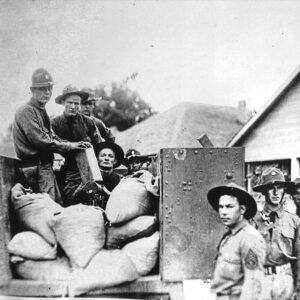 Jonesboro Soldiers
Jonesboro Soldiers
Joplin, Scott
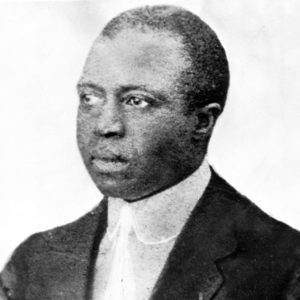 Scott Joplin
Scott Joplin
 Scott Joplin Stamp
Scott Joplin Stamp
Jordan, Bob (Lynching of)
Jordan, Louis Thomas
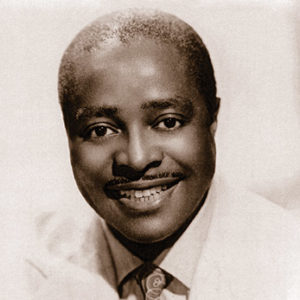 Louis Jordan
Louis Jordan
 Wilbert Jordan
Wilbert Jordan
Jordan, Wilbert Cornelius
Joshua, Ernest Parnell
 Ernest Joshua
Ernest Joshua
Joutel, Henri
 Al Joyner
Al Joyner
Joyner, Alfredrick Alphonso (Al)
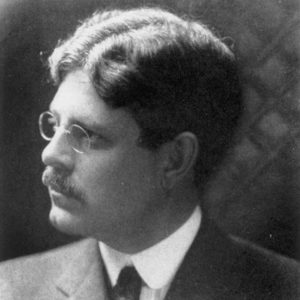 Orange King Judd
Orange King Judd




